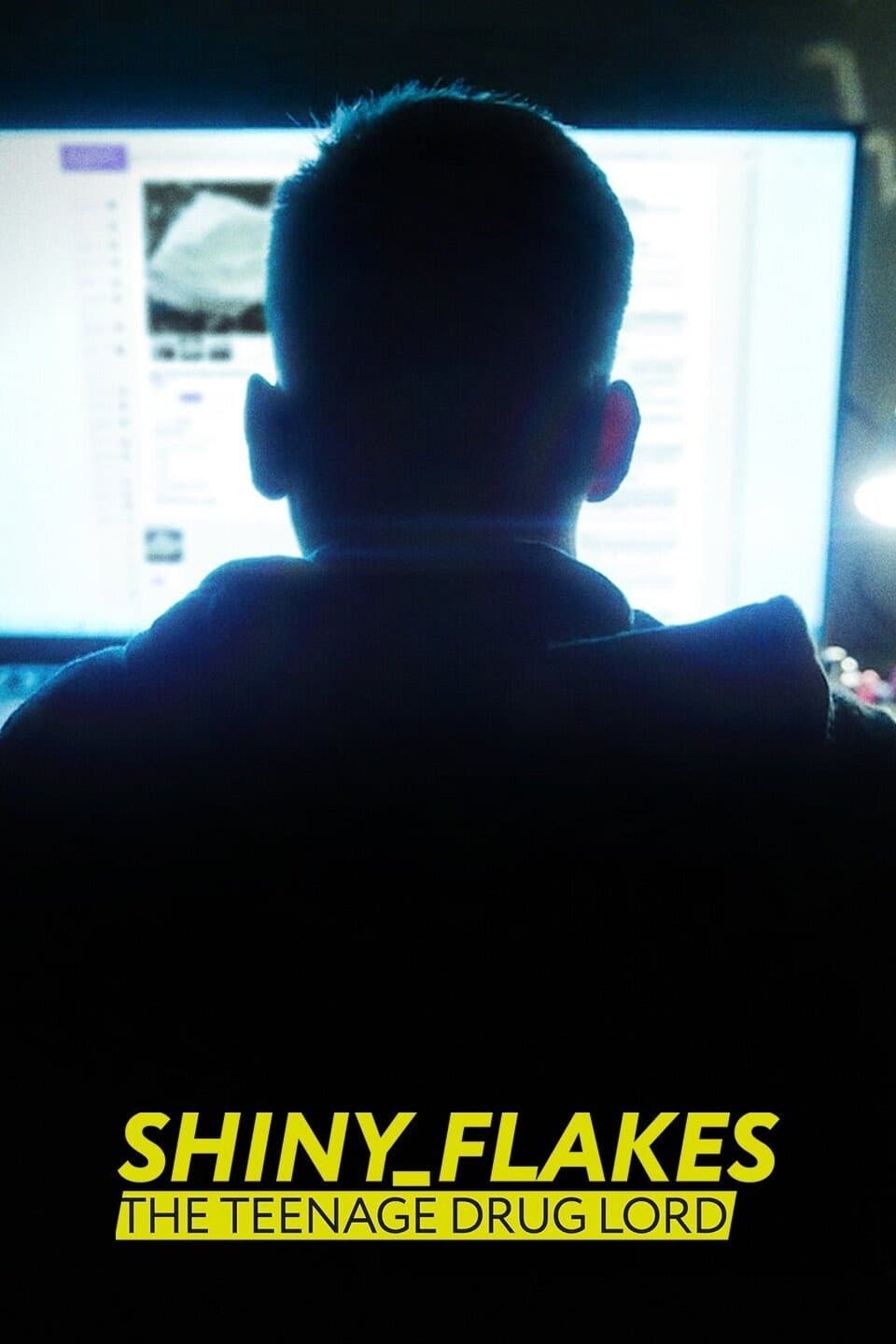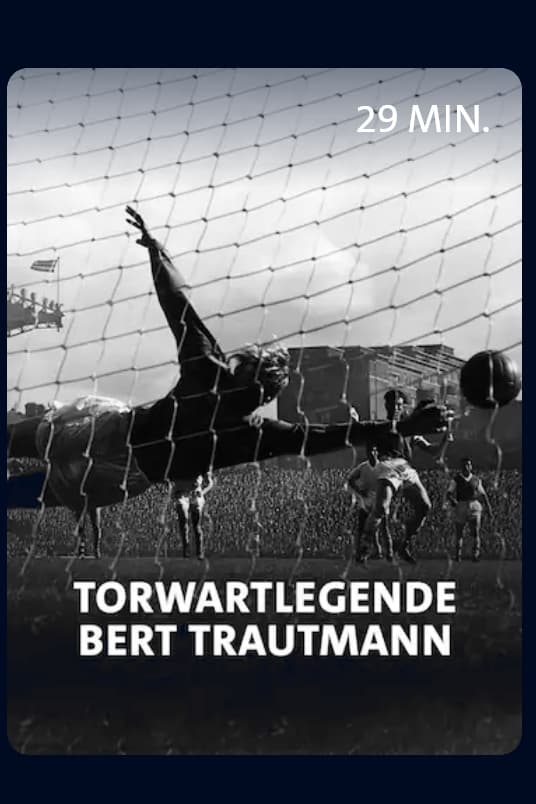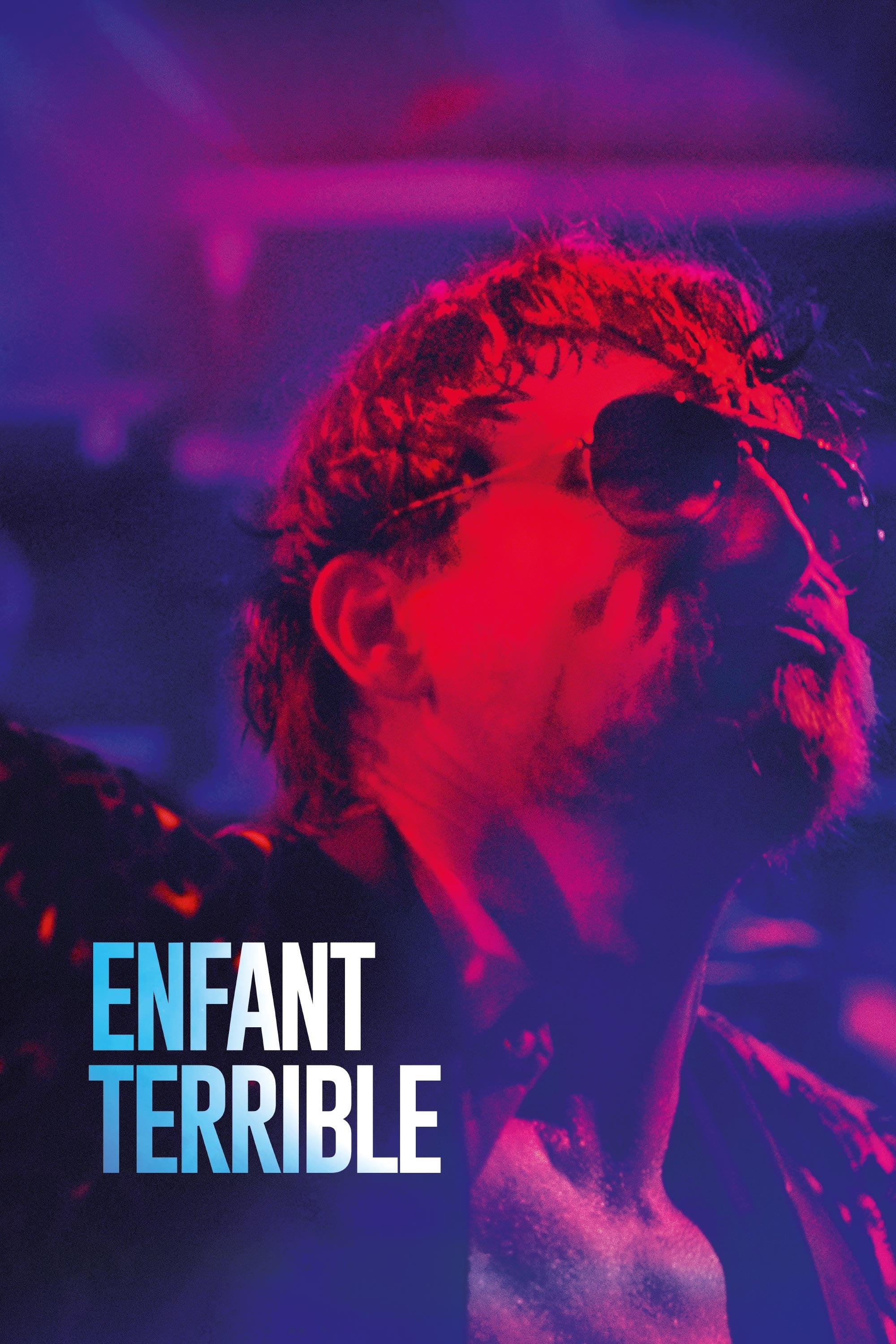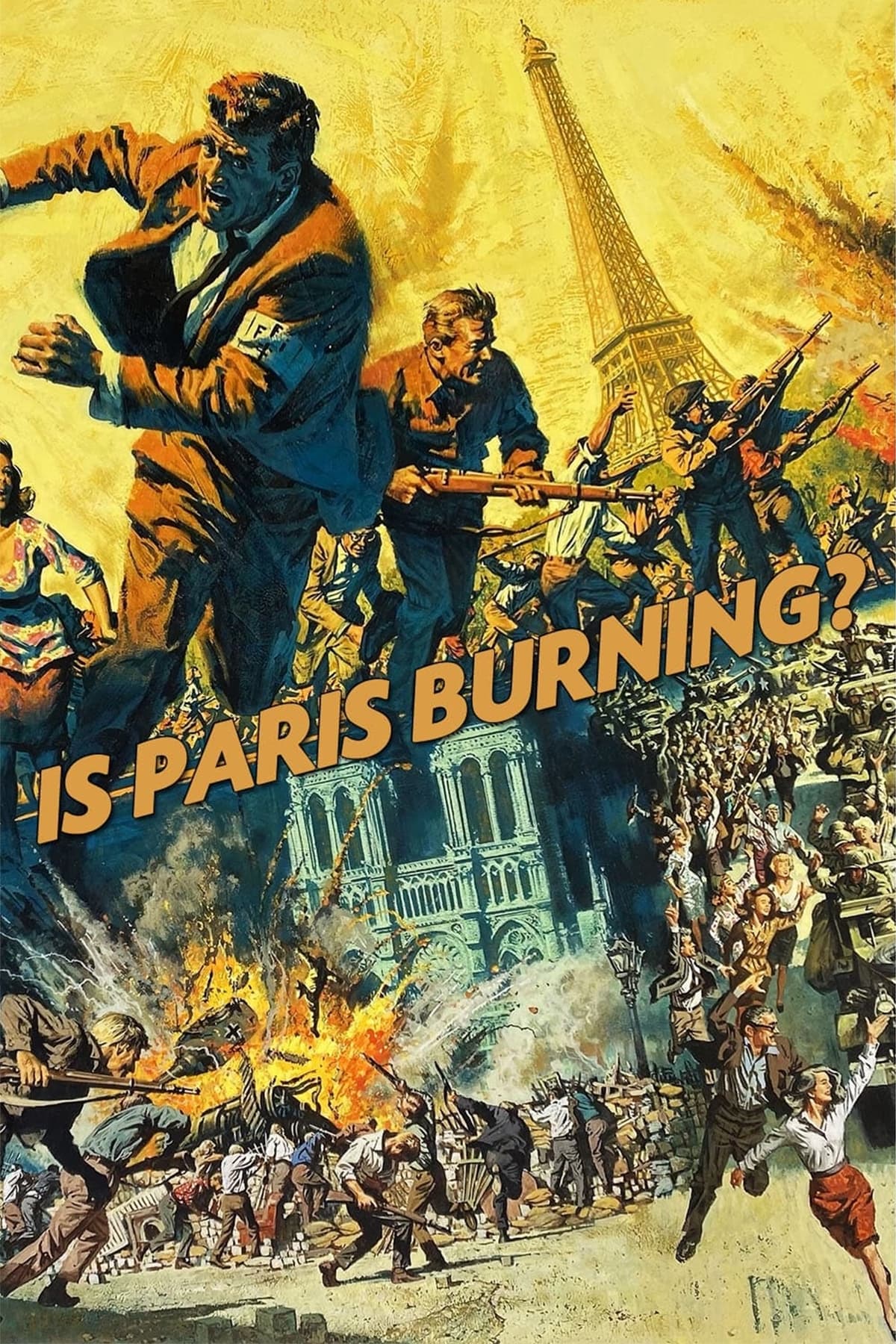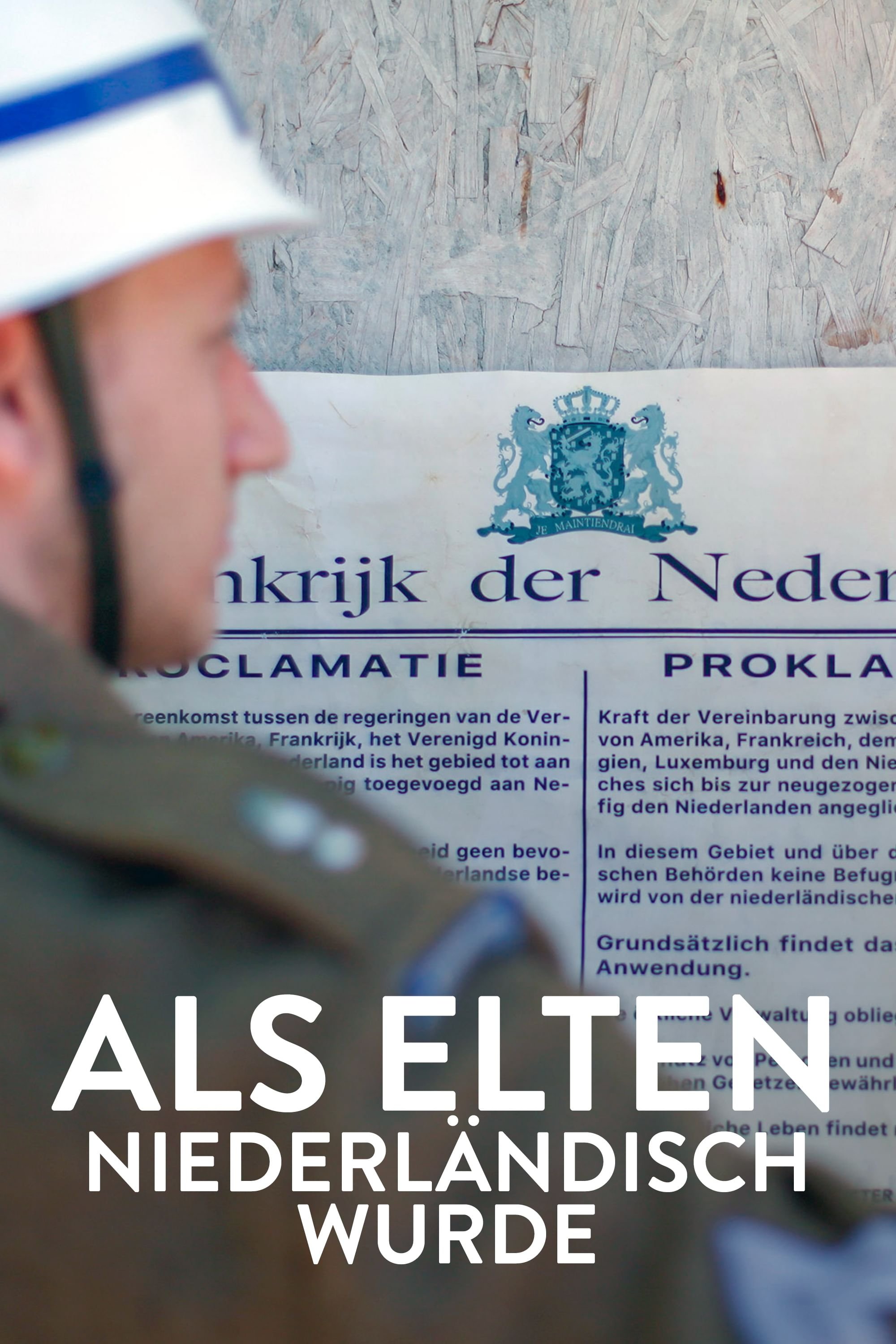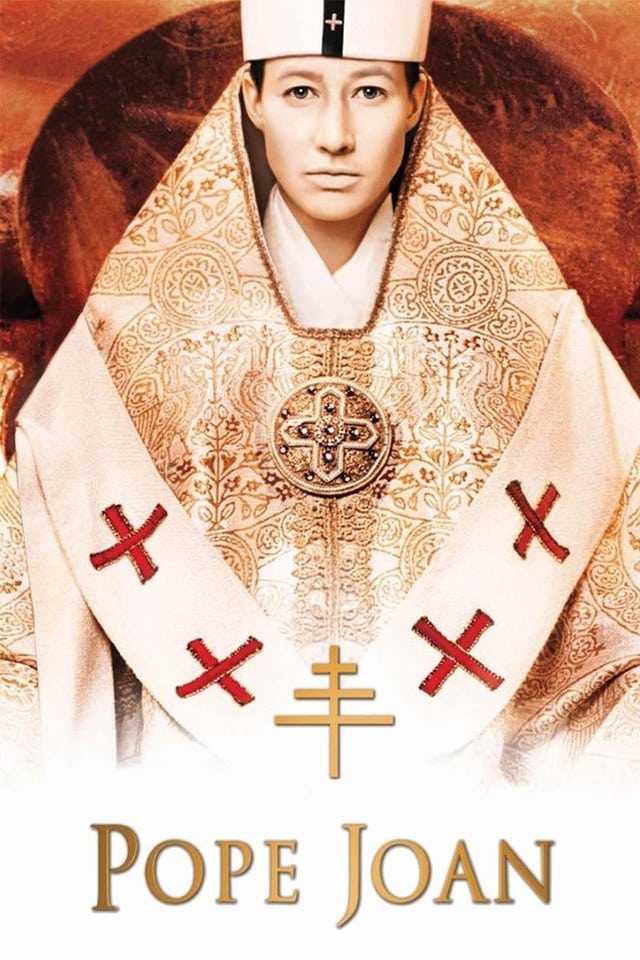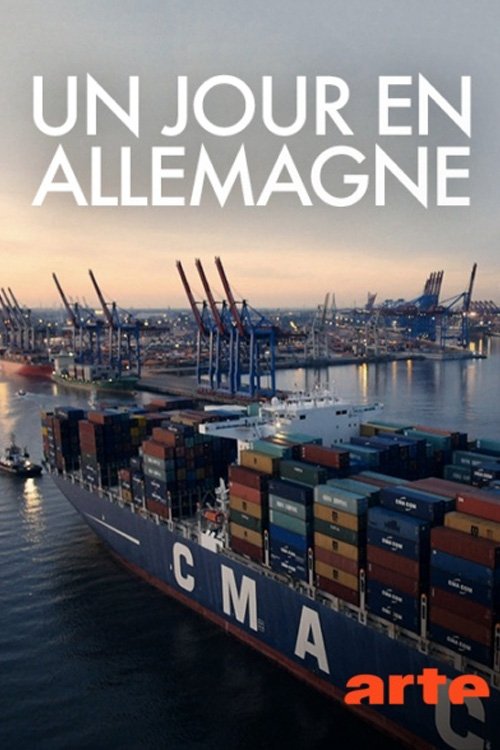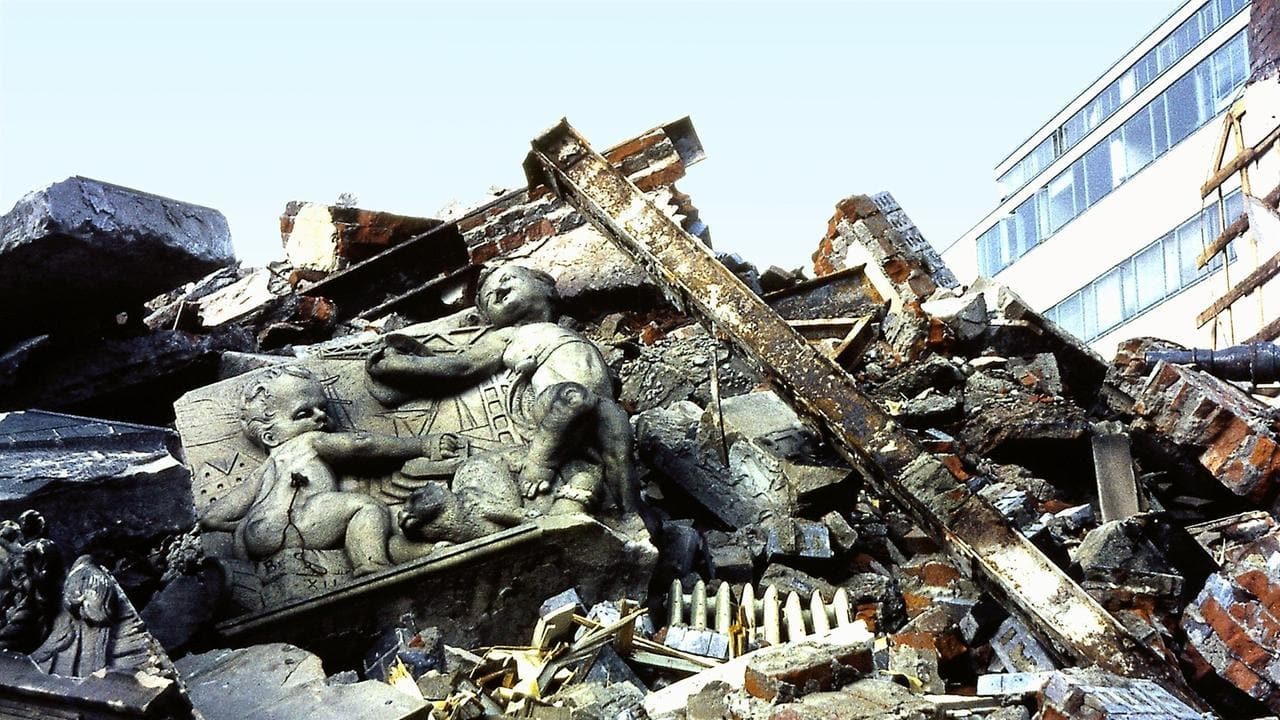
Unsere Städte nach '45
2017
1h 29m
0.0(0 votes)
Documentary
History
Overview
A documentation about the reconstruction and destruction of german cities after the 2nd World War.
Links & Resources
Social & External
Production Companies


Cast & Crew
1 member
Acting
Gabi Blum
Narrator
No Image




